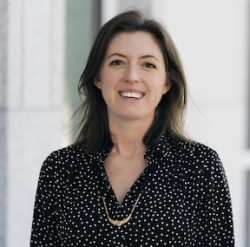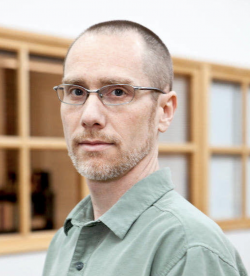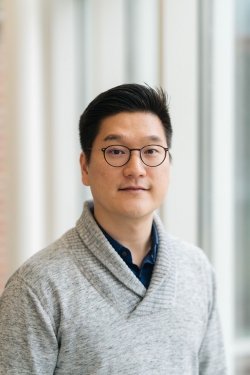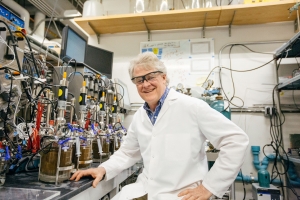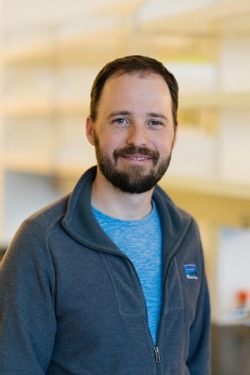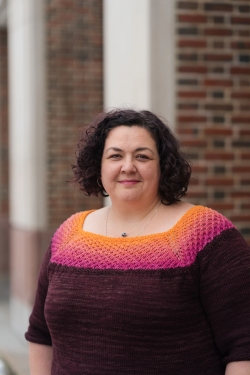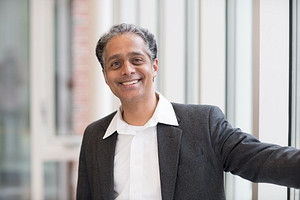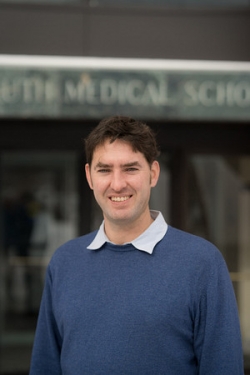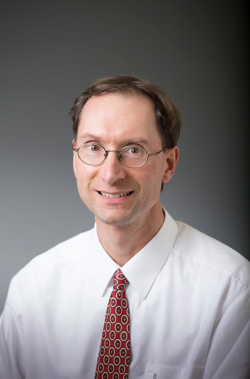Margaret E. Ackerman, Ph.D.
margaret_ackerman.jpg.png
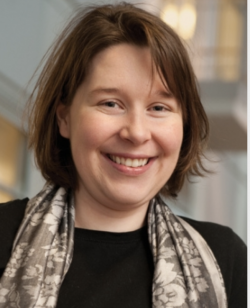
Professor of Engineering, and Microbiology and Immunology
Thayer School of Engineering
Office: 119B Cummings Hall
Phone: 603-646-9922
The Ackerman laboratory conducts interdisciplinary research at the interface of biomedical and engineering sciences: developing high throughput tools to evaluate the antibody response in disease states ranging from infection to cancer in order to aid in therapeutic antibody and vaccine design and development, and to understand the protective mechanism of antibodies using approaches grounded in fundamental engineering principles utilizing protein evolution, molecular biology, and mathematical modeling.
